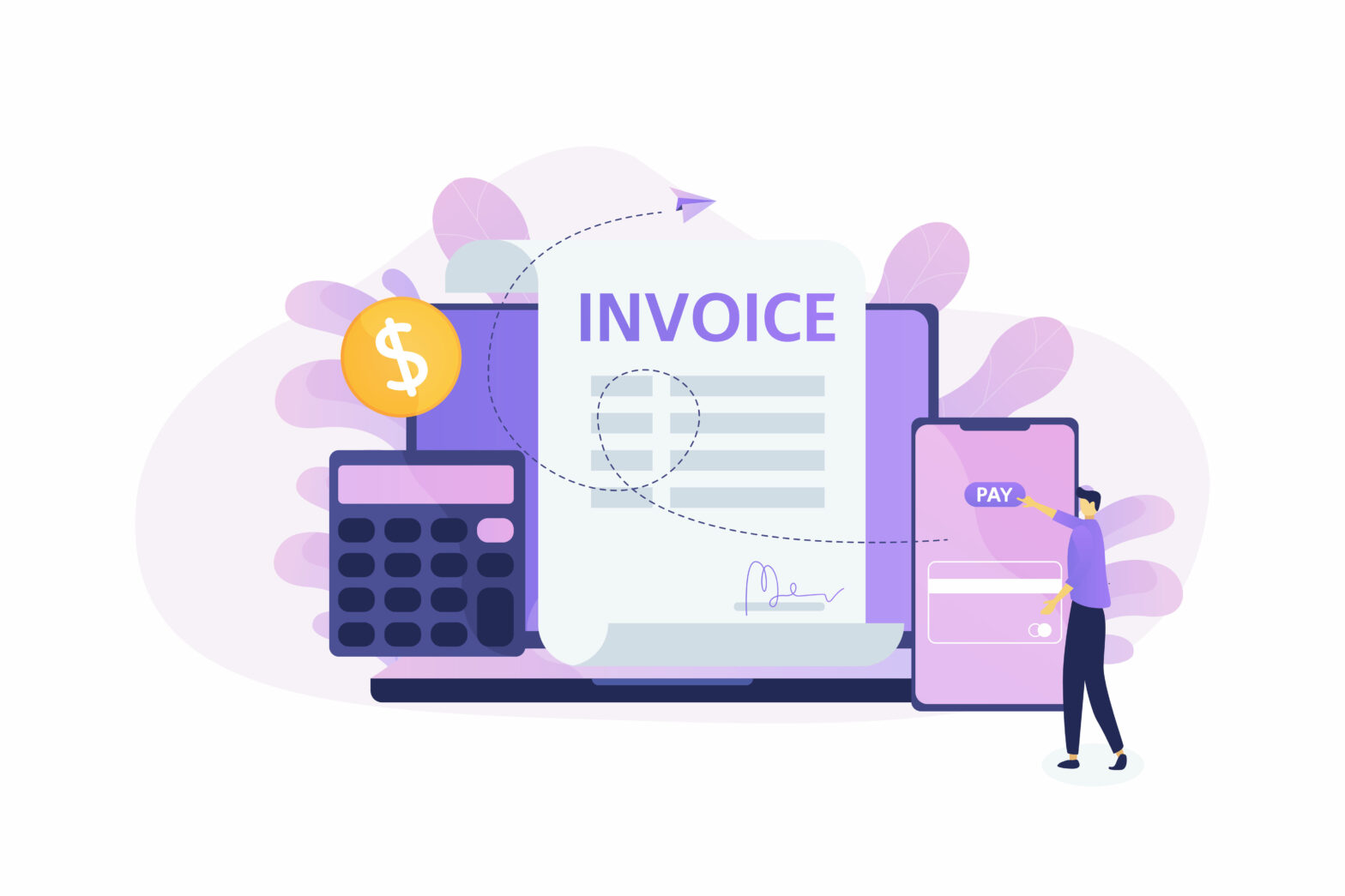The alternative finance sector has become mainstream, offering credible and increasingly recognised routes for business funding.
It’s predicted the sector will lend £4.4 billion this year, continuing its growth trajectory that has seen it double in size year-on-year since 2012 when lending was £276 million.
While this rapid growth has made access to finance a reality for small businesses again, it’s likely the sector will start seeing some growing pains as a result.
The concern is that as the sector continues to grow and mature, there’s a risk that it will morph into a younger model of the old lending guard. But it’s vital that the sector stays true to its founding values and maintains its SME culture and value exchange, such as convenience, integrity, flexibility and speed of service.
These are the key factors that have made alternative finance models such an appealing alternative to traditional bank lending. I believe if it can stick to these six principles, it will be okay.
Simplicity: That players keep products and processes simple, clear and transparent. The business owner should always be able to understand what they’re signing up for and not have to jump through hoops to get an answer.
Suitability
It is important that SMEs take the right funding product for their immediate business need. In the same way that a Sunday lunch is inappropriate for satisfying hunger in the early afternoon, alternative lenders must ensure that the right funding instrument is provided for the customer to assist their current requirement.
A long-term loan probably isn’t the answer for a short-term cash flow need and vice versa.
Access for all
Ensure that business owners aren’t disadvantaged in accessing money through gender, ethnicity or simply an inability to put together a well-constructed business plan. And funding applications should be free of charges.
No ties
Avoid bundling at all costs. Access to funding should not have to be as a consequence of taking other products and services and becoming beholden to that provider. It should be business without any ties.
Modern underwriting
How relevant is a business’ accounts from three years ago? Old accounts don’t reflect the business today or tomorrow. Modern underwriting must combine technology with innovative credit scoring and information models utilising softer data, to vet potential customers.
Assessing a businesses’ industry reputation, customer reviews, ratings and social media footprint can provide a more truthful picture of its risk.
Education
The sector should work together to help businesses understand the type of funding they need and not what the provider wants to sell.
Collaborative platforms such as the Alternative Business Funding Portal, which uses a traffic light interface to signpost businesses to relevant funding sources appropriate to their business model, help provide impartial, fast and transparent access to funding.
Regulation
The sector must get proper regulation and governance and it must be industry-wide. It needs to demonstrate integrity and ethics; small business owners desperate for funding to survive or who have been turned down for a bank loan are vulnerable and there can be no room for unscrupulous lenders.
Lenders should sign up to a code of practice that has a membership fee and eject anyone not conforming as well as provide an ombudsman service.





